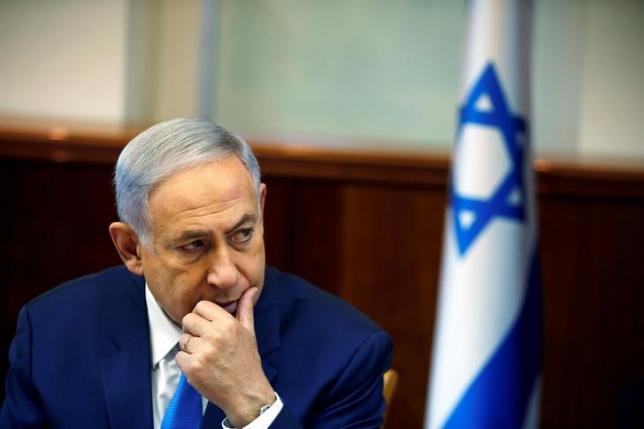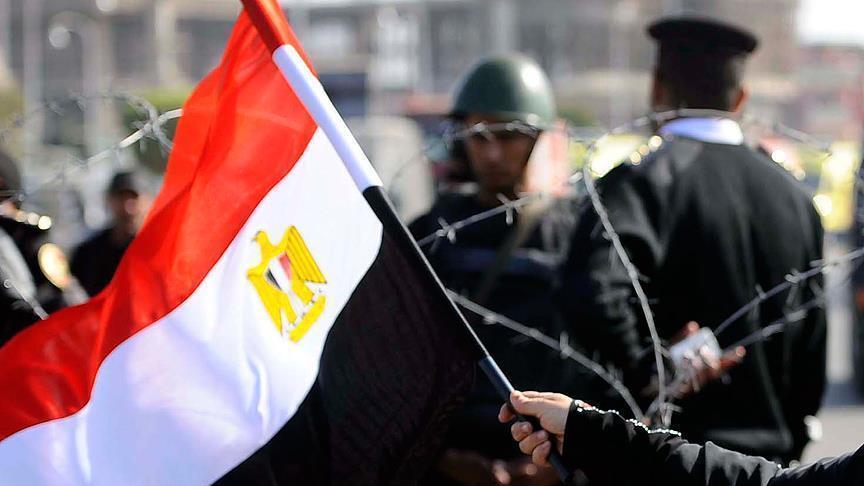An Israeli diplomat praises the relations with the Egyptian regime during al-Sisi regime.
Israel Ambassador in Egypt Haim Koren’s stated that the Egyptian Israeli relation is passing by its best times. The veteran diplomat posted in Egypt since 2014 said, “This is one of the best times we’ve ever had” in terms of cooperation between governments.
Koren continued,”There’s good cooperation between the armies, we have understandings about the Sinai Peninsula, and basically, we see (eye-to-eye) on development of the region.”
Since al -Sisi reached power by a military coup in 2013, the Egyptian Israeli relations have witnessed one of its flourishing time. Israel has become an important ally to Abdel-Fattah al-Sissi, along with Saudi Arabia and wealthy Gulf Arab countries.
Al-Sisi was supported by Gulf States to overthrow Mohammed Morsi in 2013 as they were against having a successful precedent in Egypt. The Gulf countries were against the Arab Spring protests that would shake their status.
Moreover, al-Sisi has also assisted Israel in isolating Hamas Resistance Movement ruling the Gaza Strip. Israeli military officials praise Egypt’s crackdown on Hamas’ cross-border smuggling tunnels, which had been a main conduit for weapons into Gaza, and say the Egyptian military is doing an admirable job in a fierce battle against IS militants in Sinai.
Hamas had close ties with the former Egyptian leader and is rooted in Morsi’s Muslim Brotherhood.
In the same context, Israel usually praises al-Sisi for his tough policies against militants, and considers him a key partner in the war against Islamic extremists.
Egypt and Israel military cooperation have flourished recently with the growing power of ISIS affliated group in Sinai Peninsula. Accordingly, Israel has allowed Egypt to move heavy weapons like tanks, artillery and attack helicopters into the restive Sinai Peninsula. The two sides also are considered to have close intelligence ties.
Despite the governments close ties, but the Egyptian Israeli relation is still rejected by the Egyptian public opinion.
In addition, Prime Minister Benjamin Netanyahu and al-Sisi often speak on the phone. Last May,al-Sisi said that Egypt’s relations with Israel could be warmer if it made peace with the Palestinians. In response, Netanyahu welcomed al-Sisi initiative and he praised what he described as al-Sisi’s “willingness” to help advance the peace process with the Palestinians.”
Koren said, “We have common enemies in the sense of terrorism, or if you like, radical Islamic terrorism, emerged from the same root no matter if it happens to be Hamas or the Muslim Brotherhood, ISIS, Jabhat al-Nusra or al-Qaida,” Koren said. He added, “understood quickly that we are all in the same boat.”The outrageous reached its peak followed the 2011 January Revolution when when outraged crowds surrounded the Israeli embassy in Cairo over the killing of five Egyptian policemen by Israeli forces chasing militants in the Sinai. Since the incident, Israel closed it embassy and didn’t reopen its embassy, until September 2015.
In the same context, political figures across Egypt’s still reject full normalization of Egyptian-Israeli relations, with many professional associations and labor unions banning members from visiting Israel.
Last year, Egypt’s parliament voted to expel a MP after he had dinner at the Israeli with Koren and a newspaper published a photo of Koren with devil’s horns superimposed on his head.
Moreover,any attempt to reach the Egyptian public opinion is faced in return by rejection.Earlier this year a new Arabic-language Facebook page set up by the Israeli embassy was flooded with insults and anti-Semitic comments, with some likening Jews to pigs and others calling them killers over the long-running conflict with the Palestinians – a popular hot-button topic in Arab countries.
Koren said, “Our aspiration is to come closer to the Egyptian people,” through cultural policy and social media. “But we understand, it’s a long process, there’s a long way to go. That’s why the stability of Egypt is important, and also the success of its economy.”
In addition, Koren described the economic relation with Egypt to be very slow saying that despite the successful free trade areas for manufacturing known as QIZ zones, “it’s going very slow” with regard to developing Israeli expertise in sectors that could benefit the Egyptian economy, such as agriculture, irrigation and solar power.




